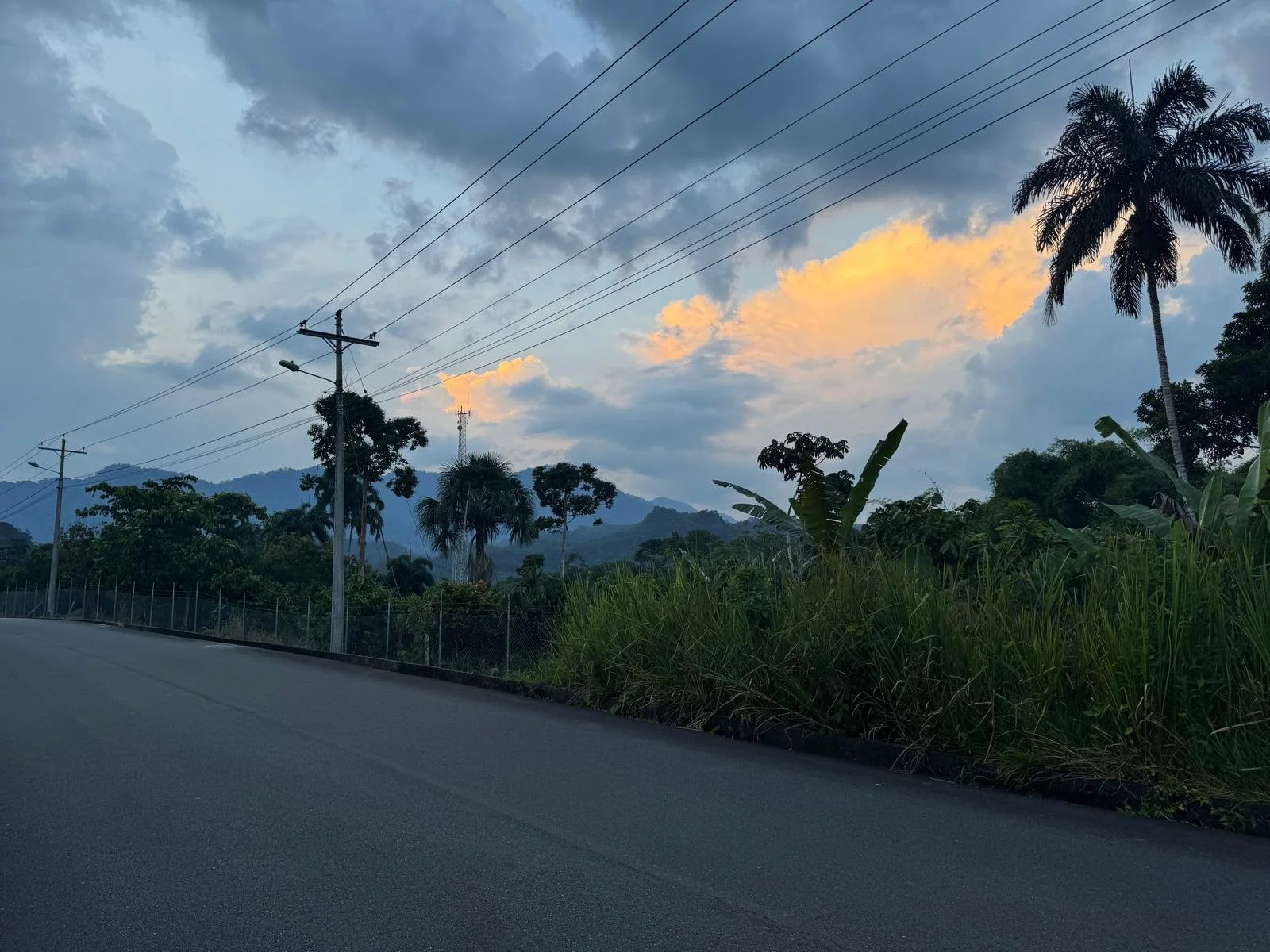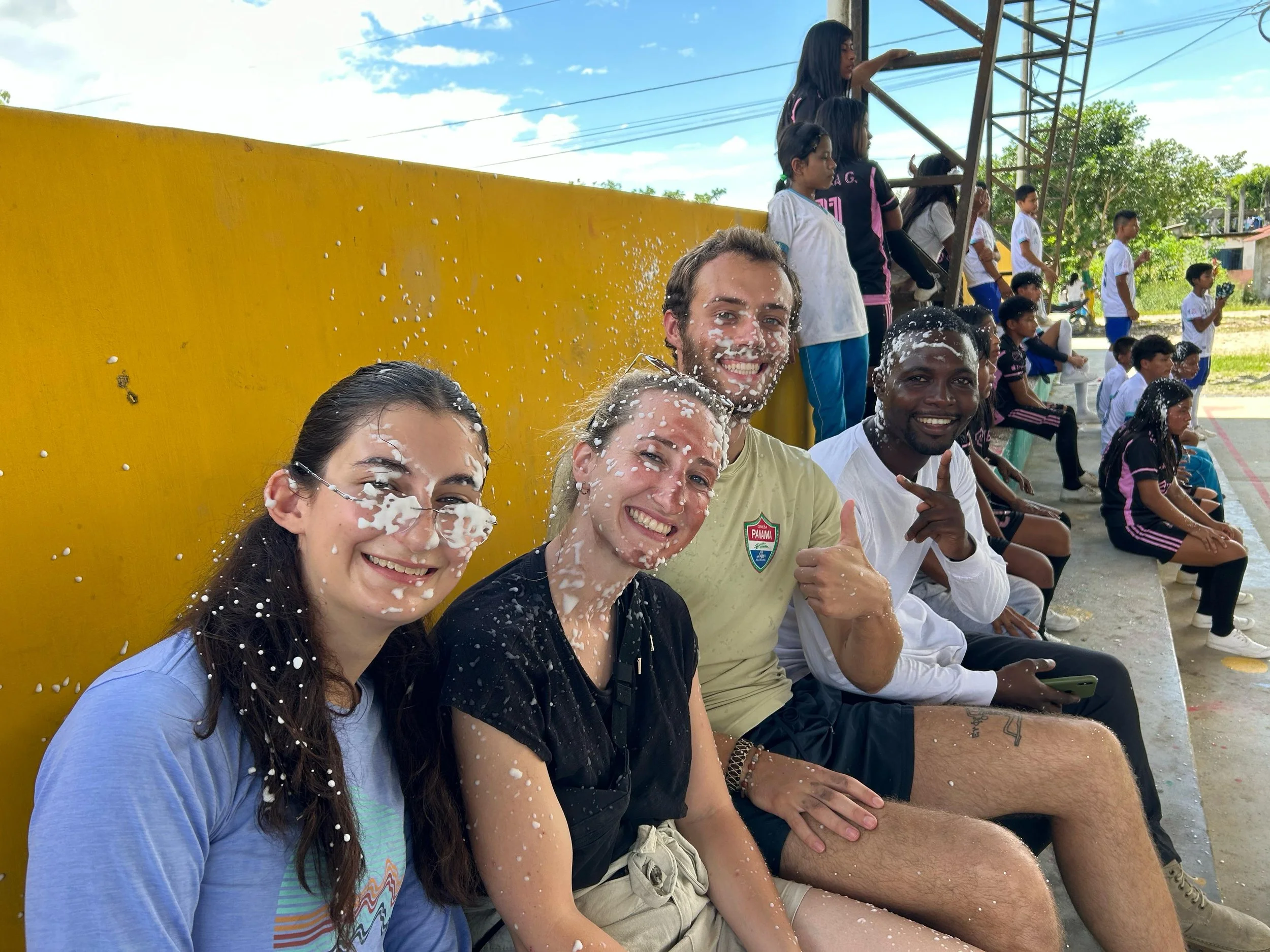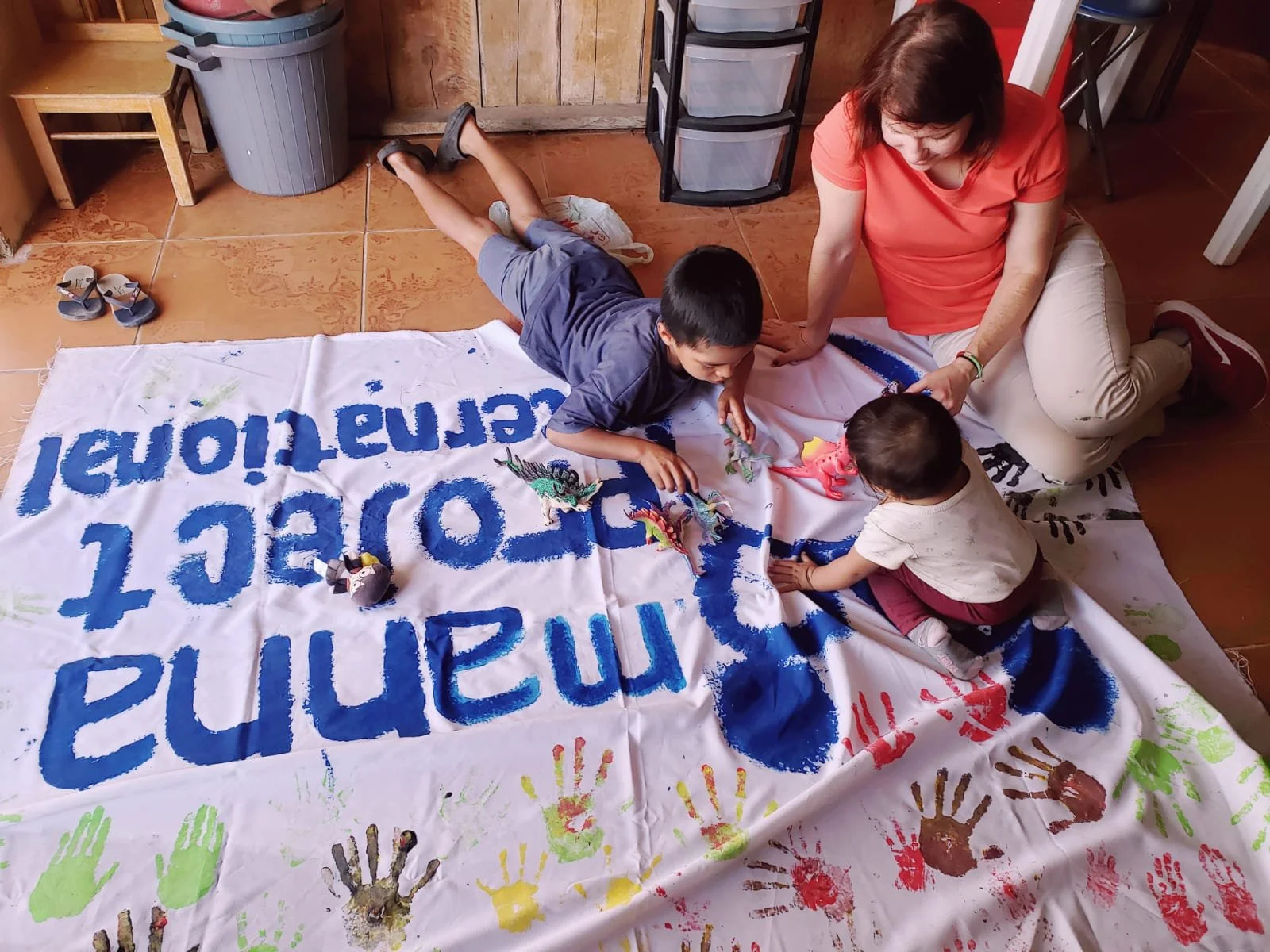(Today's guest blog comes from Jocelyn Lancaster, a new MPIE PD affectionately called "Legs" around these parts. Jocelyn loves dancing to discoteca music in the kitchen, makes some mean enchilladas, and is our go-to girl for all things celebrity. I'm pretty sure she knew about Palin's pregnant daughter before McCain.)"I wake up to the purring of the coffee grinder in the kitchen below my room. Mark must be making fresh Columbian coffee for our new French press, producing sounds and smells that signal the start of a new day. Coming out of the haziness that separates dreams from reality, I realize it's Saturday and take a deep breath. I lie still enjoying the lack of immediate responsibility that comes with the weekend before venturing out from the warmth of my comforter.
As I go downstairs, the house is still. Most are still asleep, taking advantage of the easiness that is Saturday to unwind from the stress of the week. I make my usual breakfast of cinnamon sugar oatmeal with sliced banana, grab a book, and head up to the roof to eat and read in the morning mountain air. The stillness of the house is enhanced by the stillness of the city. At first glance, all of Conocoto is quiet, tranquil, serene. As the minutes pass, I notice that the quiet is punctuated by sounds- some nearby, some mere echoes in the distance- that remind me of the life here in our valley. A dog barks. Birds chirp. A rooster crows. A child laughs. A bus drives by on the way to Quito. A man´s spade scrapes cement as he plasters his rooftop railing. The pages of my book flap in the gentle breeze. The sun is bright and warm, no clouds in sight that might inhibit its rays. Even in the coolness of the mountains, I am delightfully toasty in my fleece jacket.
Looking out over the rooftops, I take in the reality of my surroundings. All of Conocoto stretches out before me, and beyond that, all of the valley. The mountains large and looming in the distance separate us from the rest of the world. We are a pocket of life nestled in the grandeur of the Andes. Right here, right now, all that exists is the sun, the sky, and Conocoto. At this moment, I feel a oneness with every aspect of our little world, an interconnection to all of the sights and sounds penetrating my senses. I reflect on the work we are doing here, each person´s programs, goals, dedication and commitment. I think about the people we have met and those we will meet, how we are affecting the community and how the community is affecting us. We are now intricately involved in each others lives in a very real and complicated way. We belong to the valley, and the valley belongs to us. Today is perfect."

(view of the surrounding mountains as seen from our rooftop)
 Tomorrow morning most of us head home to the states, and before we buckle down and accept the fact that it is, actually, winter (and thus cold) in most of our home states we decided to spend some quality time on the roof drenching ourselves in Ecuadorian sunshine. Grabbing our books, ice waters, sunglasses, towels and sunscreen, we set up camp for the morning, leaving only to grab a quick lunch and let the sweat salt instead of run.
Tomorrow morning most of us head home to the states, and before we buckle down and accept the fact that it is, actually, winter (and thus cold) in most of our home states we decided to spend some quality time on the roof drenching ourselves in Ecuadorian sunshine. Grabbing our books, ice waters, sunglasses, towels and sunscreen, we set up camp for the morning, leaving only to grab a quick lunch and let the sweat salt instead of run. 






